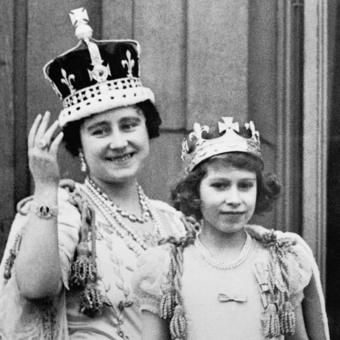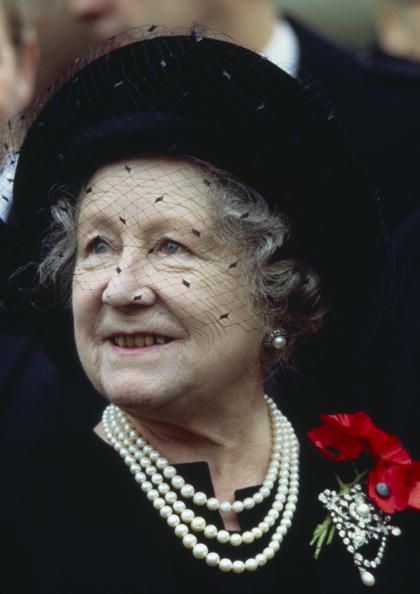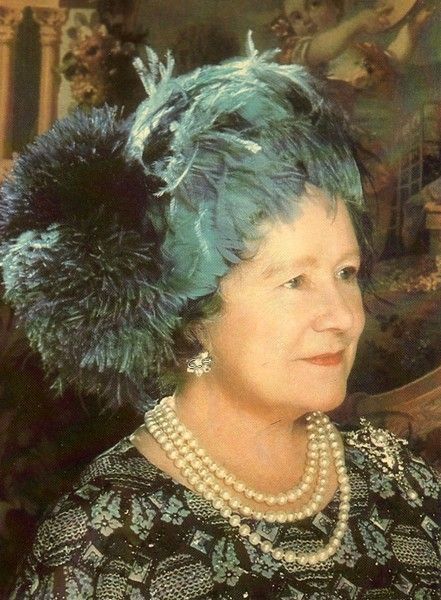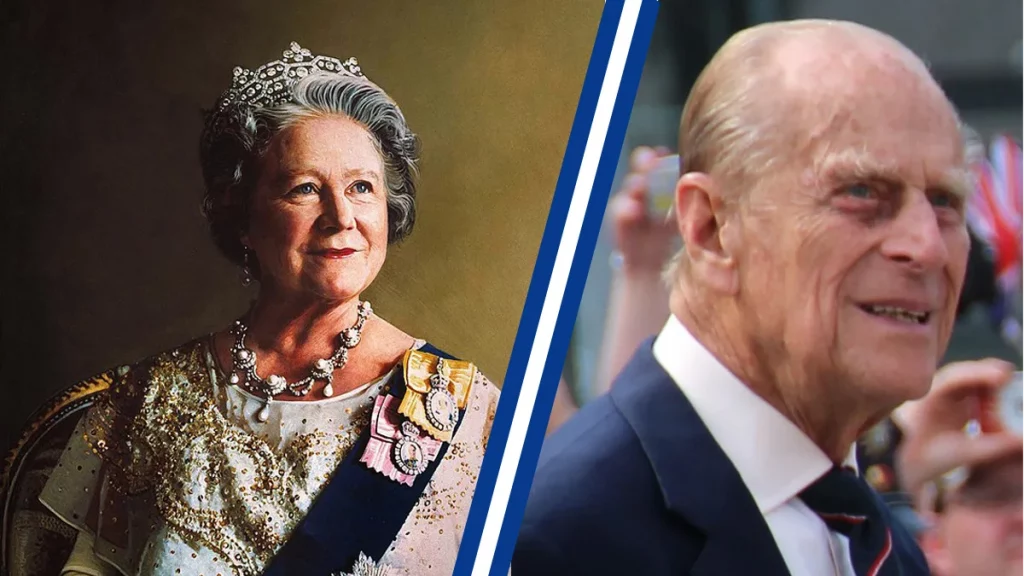Queen Elizabeth The Queen Mother was against Queen Elizabeth II’s union with Prince Philip due to some reasons that have been revealed.
Just like any mother would be worried about her child’s partner, Queen Elizabeth the Queen Mother had her inhibitions about Queen Elizabeth II marrying Prince Philip. Royal biographers have dug into this part of history.
Several evidence have shown what made the Queen Mother dislike the Duke of Edinburgh. Here’s a look through some deductions by royal biographers.

She Had Inhibitions About Germans
Prince Philip was of Danish and German descent, but his mother’s side was predominantly German. According to “The Queen Mother: War and Widowhood,” the Queen Mother “disliked Germans.”
Prince Philip’s mother was Princess Alice, Princess of Battenberg, while all his sisters married German royals and Nazi party supporters. St. Andrews historian Dr. Chandrika Kaul shared that the Queen Mother was also wary of Mountbattens and their “baggage.”
She also felt like Philip’s uncle Lord Mountbatten was a “social climber.” Lord Mountbatten, who was the Earl of Burma, had a tight-knit relationship with Philip, and he was also King George VI’s second cousin.
Royal experts shared that the Queen Mother disliked foreigners generally, but her wariness for Germans took precedence. This was due to the great loss her family suffered when her brother Fergus Bowes-Lyon lost his life in World War I.

The Queen Mother Was Insecure
Despite ascending the ladder of British royalty to the highest point, by virtue of marriage, the Queen Mother never truly felt like royalty. She was the daughter of a Lord and landowner but did not have royal blood.
This made her feel insecure for the longest time, and the idea that her son-in-law was a royal did not sit well with her. The Queen Mother felt like Philip would not give her reverence.
According to Royal biographer Lady Colin Campell, Princess Margaret often taunted the Queen Mother. She made claims that the matriarch wasn’t real royalty, which did not help matters.
Royal expert Sarah Gristwood also noted that there were worries about Prince Philip’s social relations. The Queen Mother and some royal family members considered Prince Philip “too raffish and outspoken, a little bit outside the royal club.”

She Had A Less-than Flattering Nickname For Prince Philip
Being in the habit of doling nicknames behind closed doors, the Queen Mother did have one for her son-in-law. Royal blogger Kinsey Schofuel told Nickiswift in 2021:
“Truth be told, the Queen Mother had an arsenal of cringe-worthy nicknames behind closed doors.”
The Queen Mother’s animosity towards Philip was so intense that she referred to him as “The Hun.” This term was associated with the forces of Germany and Austro-Hungary during World War I.
The late Prince Philip was also a member of the German house of Schleswig-Holstein-Sonderburg-Glücksburg. This was a royal house of Germany that reigned at various times in Denmark, Greece, and Norway.

The Queen Mother Thought The Duke Was A “Dangerously Progressive Man”
When Princess Elizabeth became Queen and her husband, Queen Consort, it marked a new era in the British royal empire. Prince Philip felt some archaic details needed to be phased out.
He thought some of the palace chores were somewhat outdated, and he also pushed for his kids to bear his last name, Mountbatten. However, Queen Elizabeth’s family opposed this, and in the end, Prince Philip took a lot of losses concerning his wishes.
Adding to her dislike for the Edinburgh royal, the Queen Mother felt ousted from her position as Queen when her husband died. She was 51, still in her prime, and she did not like being deposed.
Inside Prince Philip’s Background
Just like his wife, Queen Elizabeth, Prince Philip was from royalty. His father was Prince Andrew of Greece, the second person in line to the throne. After Prince Philip’s grandfather, who was the king died, his uncle Constantine became king.
However, where Queen Elizabeth II enjoyed a stable royal home with a tight-knit family, Prince Philip experienced instability and chaos. His uncle was forced to abdicate the throne, and his father was accused of treason and exiled.
Philip was separated from his father, who moved to the south of France. Finally, however, the unrest became unbearable that his mother, Princess Alice packed up with him and his siblings and headed for her family’s abode.
Alice’s side of the family was the Mountbatten’s, and they provided Philip with some stability for a while. However, Alice’s mental health was affected by the stress of being exiled, and she suffered a nervous breakdown.
Doctors diagnosed her with schizophrenia and she was taken to a sanatorium in Switzerland. Philip’s sisters got married, leaving him with no immediate family members around. Still very much in his preteen years, the Milford Havens and the Mountbattens took up the care of Prince Philip of Greece.
In his teenage years, he joined the Royal navy in England, and it was during this time, he met the 13-year-old Princess Elizabeth. The duo, who were distant cousins through their great-great-grandmother, Queen Victoria, fell in love, and despite the Queen Mother’s antagonism, Queen Elizabeth married the love of her life.

